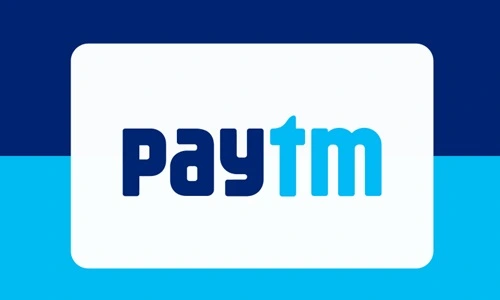Paytm General Insurance Limited (PGIL), an associate entity of One97 Communications, has made a significant strategic shift by withdrawing its application for registration as a general insurance company with the Insurance Regulatory and Development Authority of India (IRDAI). This decision marks a departure from manufacturing insurance products to focusing on the distribution of insurance through its subsidiary, Paytm Insurance Broking Private Limited (PIBPL).

Financial Implications and Cost Optimization
The withdrawal of the application is set to save One97 Communications Rs 950 crore, which had been earmarked for investment in PGIL over a decade. This move aligns with Paytm’s broader strategy to optimize resource allocation and reduce capital expenditure, particularly in light of financial challenges exacerbated by regulatory actions against Paytm Payments Bank Limited.
Follow DeOliveira Insurance for home, auto and business insurance need.
Focus on Insurance Distribution
Paytm’s pivot towards a distribution-first model for its insurance business involves acting as an intermediary, selling insurance products on behalf of established providers rather than creating and managing policies. This approach leverages Paytm’s robust distribution network to offer small-ticket insurance solutions across various categories, including health, life, motor, shop, and gadgets. The company has formed partnerships with several leading insurance firms such as Digit, Acko, ICICI Lombard, New India, Bajaj Allianz, Tata AIG, Aditya Birla Health, and Universal Sompo.
Regulatory and Market Context
The strategic pivot follows increased scrutiny and regulatory actions from the Reserve Bank of India (RBI) against PPBL, which impacted Paytm’s financial services. Earlier this year, the RBI restricted PPBL from onboarding new customers, among other activities, leading to a significant dip in Paytm’s revenue and profitability. This regulatory environment has influenced Paytm’s decision to streamline operations and focus on core strengths.
Impact on Financial Performance
Despite the strategic shift, Paytm has faced notable financial challenges. In the fourth quarter of the fiscal year 2023-24, the company reported a consolidated loss of Rs 549.6 crore, a significant increase from Rs 168.4 crore in the same quarter of the previous year. The revenue also saw a decline, partly due to reduced loan distribution following the RBI’s actions.
Market Reaction and Future Prospects
The market has reacted cautiously to Paytm’s announcement, with its shares experiencing volatility. However, the focus on distribution could potentially streamline operations, reduce capital expenditure, and improve profitability in the long term. By leveraging its established distribution network and strategic partnerships, Paytm aims to enhance its product offerings and reach a broader audience, particularly in the small-ticket insurance segment.
Paytm’s decision to withdraw its application for a general insurance license and focus on distribution reflects a broader trend in the fintech industry towards optimizing capital efficiency and leveraging existing strengths to navigate regulatory and financial challenges. This strategic realignment is expected to help Paytm enhance its market presence and deliver value-added solutions to its diverse customer base.

Meet Suhas Harshe, a financial advisor committed to assisting people and businesses in confidently understanding and managing the complexities of the financial world. Suhas has shared his knowledge on various topics like business, investment strategies, optimizing taxes, and promoting financial well-being through articles in InvestmentDose.com


